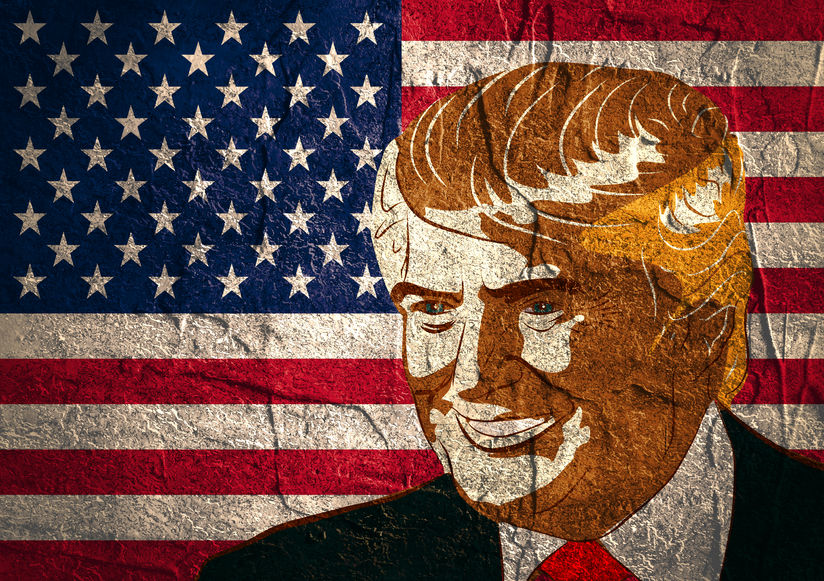On Friday Reuters had reported on the policy debate of China, as how to best cope with the slowing growth, where analysts have commended the Chinese authorities to boost fiscal stimulus during the rising risk of the trade conflict with the United States. Namely, what was requested is to adjust the fiscal policy and implement loosening of financial regulations, as it is viewed that the monetary policy would not be able to cope with the corporate funding challenges on its own, therefore adjustment of fiscal and regulatory polices is required. The slowing down of Chinese economy has caused a debate among government researchers if the fiscal policy should help to soften the impact of trade war with the US.
At the same time, US President, Donald Trump is getting ready to impose additional tariffs on Chinese imports worth of $500 billion, which would immediately escalate the current trade war and affect negatively the financial markets. At the beginning of July, the US has already imposed tariffs on $34 billion of Chinese imports and as retaliation, China has imposed taxes on the same value on products coming from the US. The United States of America administration has accused China of engaging in unfair trade practices, such as forcing American investors to turn over key technologies to Chinese firms.
It is evident that the US-China trade war is affecting the yuan, which has been on the downward direction and has fallen over eight percent during the past three months. However, the descending currency can actually aid China’s export industry as it makes products produced in China cheaper for buyers that use US dollars for purchase, thus it could boost the economy. As opposed to the US dollar and euro, the yuan is guided by the People’s Bank of China, by setting a daily trading range and if the yuan falls to fast it could trigger money to flood out of China since the investors will lose confidence and will be looking to exchange the yuan for assets in other currencies. Nevertheless, it is expected that the Chinese authorities would prevent any sharp movement of the yuan in any direction, as reported by CNN.
Regarding the macro-economic news on Friday, Canada was in the lime light, where we have witnessed a rise in the inflation of 2.5% in June, while the economists were expecting annual inflation to increase by 2.4%. The bank of Canada has an aim to keep the inflation at 2%, with a midpoint target range of 1% to 3% over the medium term. More positive news came regarding the Canadian retail sales, which have risen 2.0% in May, as opposed to the expected 1.0%. The main contributors for the rise were higher sales of motor vehicles and spare parts, as well as higher sales of petrol.
ECONOMIC CALENDAR EVENTS FOR JULY 23rd
EUR German Buba Monthly Report
EUR Consumer Confidence
CAD Wholesale Sales m/m
USD Existing Home Sales


